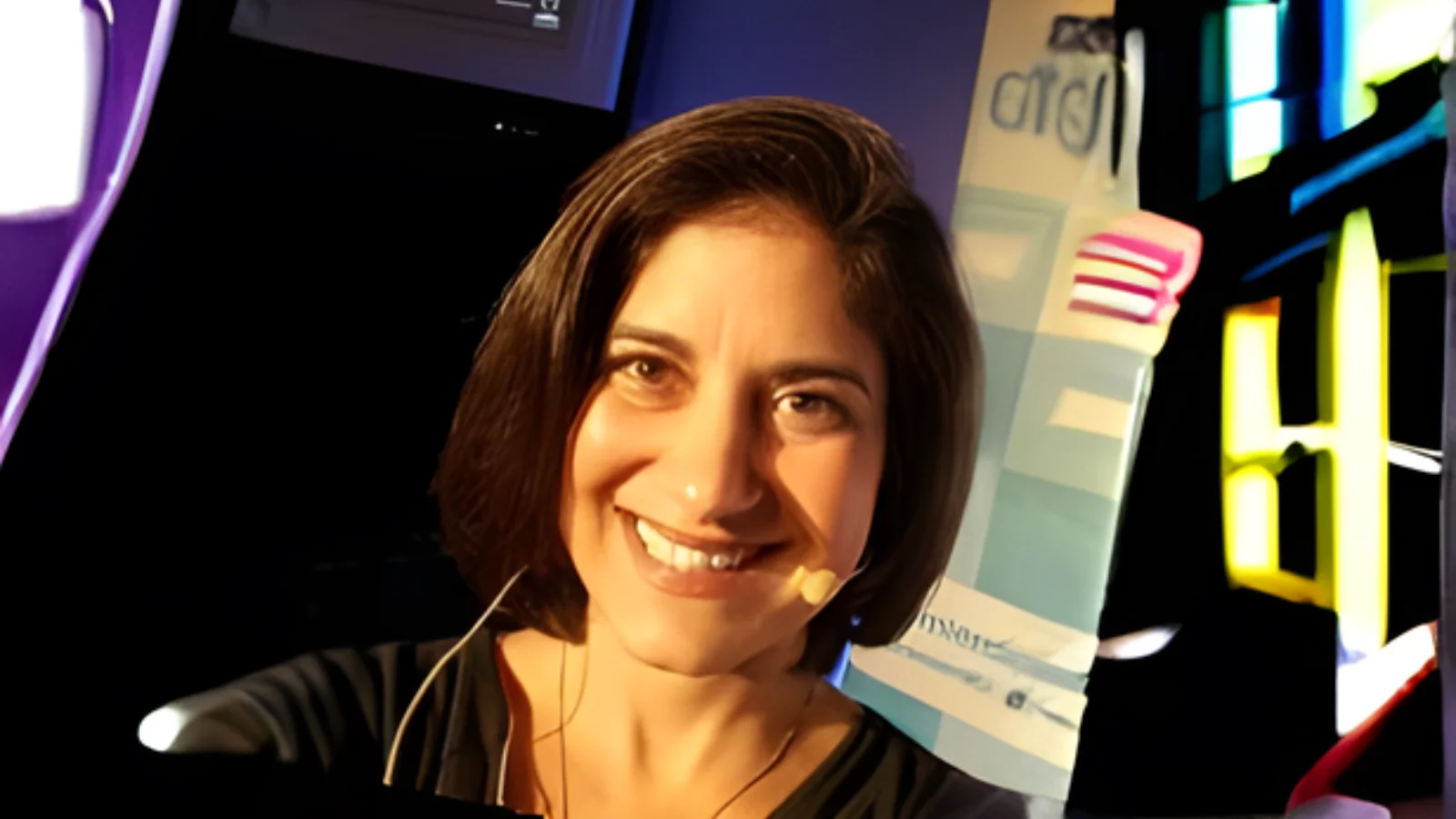In Cambridge, the Eager Explorers event is working to make science more accessible to residents of Abbey Ward. This initiative, created by Abbey People and Kings Hedges Family Support Partnership with funding from the National Lottery Community Fund, aims to bridge the gap between local communities and the city’s research and technology sectors.
Abbey Ward has often been seen as distant from Cambridge’s scientific hubs, despite its proximity. Many children in this area have had limited exposure to hands-on science activities. To address this, Eager Explorers was launched as an annual event that brings interactive science experiences directly into the community.
Over three years, Eager Explorers has developed into a significant occasion for families in Abbey. The University of Cambridge has supported the event along with organizations such as Wellcome Connecting Science, Ninja Theory, AstraZeneca, The Centre for Computing History, and the Cambridge Museum of Technology. More than 25 researchers and museum staff from the University have participated since its inception.
The University’s Public Engagement team played a role in connecting researchers with Abbey People. Together with local residents, they designed exhibits and workshops tailored to community interests.
Nicky Shepard, CEO of Abbey People, said: “Abbey is a part of Cambridge that often feels disconnected from the city’s tech hub. As part of our Abbey Together Project, our goal is to work with partners to bring science and technology closer to the residents of Abbey.”
Recent events have been hosted at Cledara Abbey Stadium by Cambridge United Foundation. Activities include building DNA models and coding simple games for children while providing opportunities for adults to engage in learning as well.
Angie, Family Coordinator at Abbey People, described: “The day is filled with activities aimed at sparking curiosity and inspiring future generations. From hands-on experiments to coding workshops, there is something for everyone—whether young children discovering the wonders of science for the first time or adults reigniting their passion for learning.”
Participation has grown over time; more than 200 residents have attended in three years. Children have joined science clubs and started considering careers in STEM fields. Families report feeling more connected to broader scientific opportunities.
A parent shared: “I have realised that there are many ways to trigger children’s curiosity, not just through books. We particularly enjoyed making and drawing DNA—even me as an adult!”
The partnership also benefits university researchers by offering new ways to engage locally and support inclusion through science outreach efforts.
Plans are underway for next year’s Eager Explorers event in 2026. The University intends to continue supporting similar community initiatives.
Several departments within the University contribute expertise each year—including Computer Science and Technology; Stem Cell Institute; Archaeology; Metabolic Science; Cardiovascular Epidemiology Unit; Kavli Centre for Ethics; Sedgwick Museum of Earth Sciences; Whipple Museum; Botanic Garden; Fitzwilliam Museum—and technical development teams.

